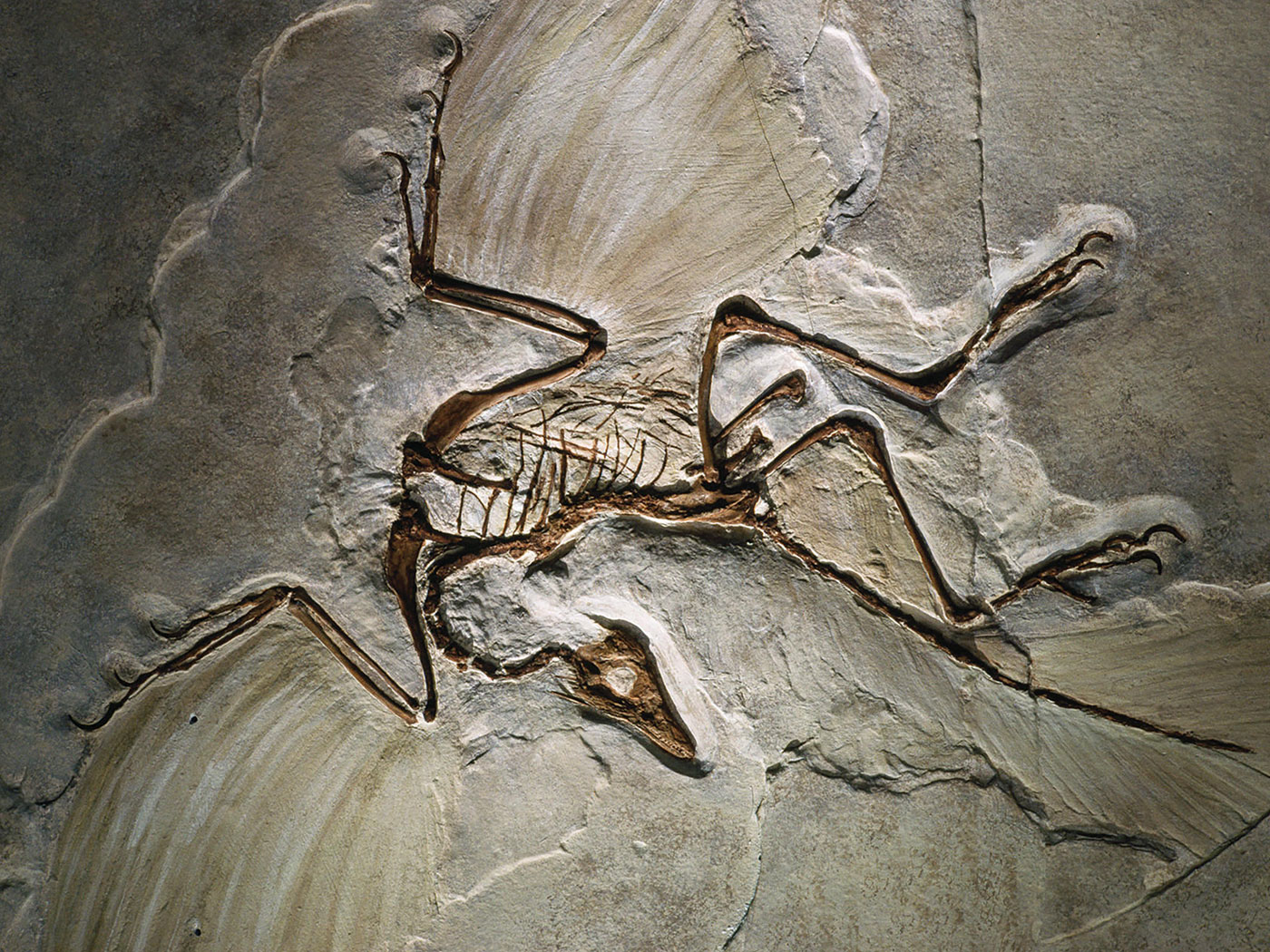Search Tools
New Defender's Study Bible Notes
2:15 childbearing. In the original, there is a definite article here—that is, “the childbearing.” It is probable that a very specific birth is in view, not child-bearing in general. If so, and in light of the context, it seems that Paul is referring to the great protevangelic promise of Genesis 3:15: “And I will put enmity between thee [i.e., Satan] and the woman, and between thy seed and her seed; [He] shall bruise thy head, and thou shalt bruise his heel.” It is in the very next verse (Genesis 3:16) that God told Eve that, henceforth, “in sorrow thou shalt bring forth children; and thy desire shall be to thy husband, and he shall rule over thee.” Because of being “in the transgression,” Eve and her daughters would bring forth children, begotten of the husband’s seed, in sorrow (a word implying labor and suffering), but there would be one particular birth one day, uniquely born of “her seed,” rather than of her husband’s seed, and He (the virgin-born God/man) would finally inflict a mortal wound on the old Serpent. It was by this “childbearing” that “she shall be saved.” In a secondary sense, every birth is a type of that special birth, in its reminder and promise that salvation is preceded by suffering, and that the joy of life follows travail and possible death (or at least willingness to die). As Jesus said: “A woman when she is in travail hath sorrow, because her hour is come: but as soon as she is delivered of the child, she remembereth no more the anguish, for joy that a man is born into the world” (John 16:21).
2:15 continue in faith. The childbearing would bring salvation to woman, but on condition that they continue in “faith and charity and holiness with sobriety” (that is, soberness of mind and demeanor). This cannot, of course, contradict the doctrine of salvation by grace. However, such salvation is received through faith and its reality demonstrated by charity (Christian love), holiness and soberness in the true Christian woman.







